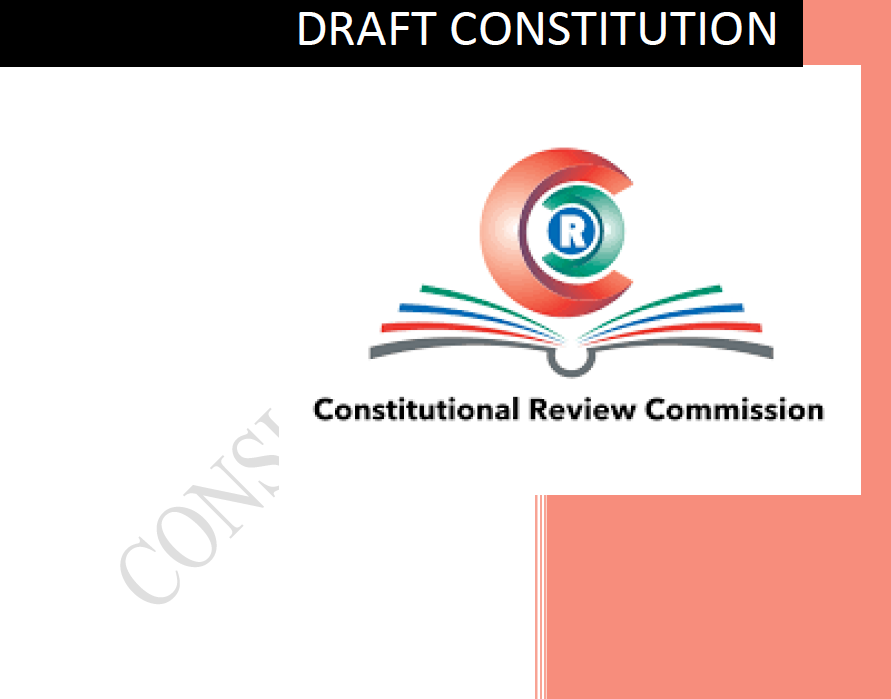By Tumbul Trawally, Seattle, USA
In the past week or two, Gambians are baffled by the rejection of the Constitutional Review Committee’s (CRC) recommendation to parliament. The government spent about a hundred million dalasis on the preparation of the report, money it could barely afford, or could have spent on a thousand other projects.
For a start — there is no perfect Constitution — and there will never be one! A Constitution is a living, breathing document that requires constant reviews and amendments, to keep it in line with the times. The British Constitution is hundreds of years old, going back to the Magna Carta of 15th June 1215 AD. The Magna Carta offered more rights to the aristocracy, not the masses. The US Constitution is over 200 years old and still evolving. In the larger scheme of things, the Gambian Constitution is fairly young.
The 1997 Constitution of Yahya Jammeh is a farce; therefore, it should not be the baseline. It was solely created to protect the dictator and his cohorts. They knew that their day of reckoning would come, however long it takes. That is why Yankuba Touray tries to deploy it to cover their extra-judicial killings and other crimes.
However, luckily, we have a good baseline for our future Constitution: it is the Jawara/PPP Constitution. It had provisions for religious freedom, minority and human rights, and was secular. This was the reason for locating the AU Human Rights office in Banjul. The headquarters could have been in Dakar, Accra, or Abuja—cities that are larger and more cosmopolitan than Banjul.
As I mentioned earlier, no Constitution is perfect. Some of us are old enough to remember the Sanna Manneh (Tiks) and a former finance minister’s case. The revised Constitution should have a clause that guarantees the equal application of the law, regardless of one’s position in government or status in society. The Governors, Chiefs, and Area Council Executives should be elected by the electorate. This will ensure their responsiveness to the demands of their constituents. Alikalos of villages with a population of more than 2,000 people should be elected, not hereditary appointments. The latter works for small, homogeneous villages, not so for large, heterogeneous villages or towns. Finally, there should be a term limit for the presidency.
Our Civil Service was the envy of all English-speaking West African countries. It was very professional as promotions were largely based on education, qualification and seniority. We should strive to return to those days, when one’s political affiliation had minimal impact on one’s job security.
The government should call for a referendum on the new Constitution. When Sir Dawda Jawara failed in his first attempt for a Republic, he called for a second referendum in 1970.
Requiring a three-fourth (75%) majority of parliament to ratify the Constitution is too high a bar. In life, the majority usually lies in the middle, on most issues. Economists and Statisticians call it one standard deviation of the mean/average, which is 68.26 percent—if the sample is large, random, and proportionally distributed. Let the people decide the Constitution. After all, it affects every individual life. Politicians are human, who could have ulterior motives for their actions. This is too important to be left to the whim of the politicians.

